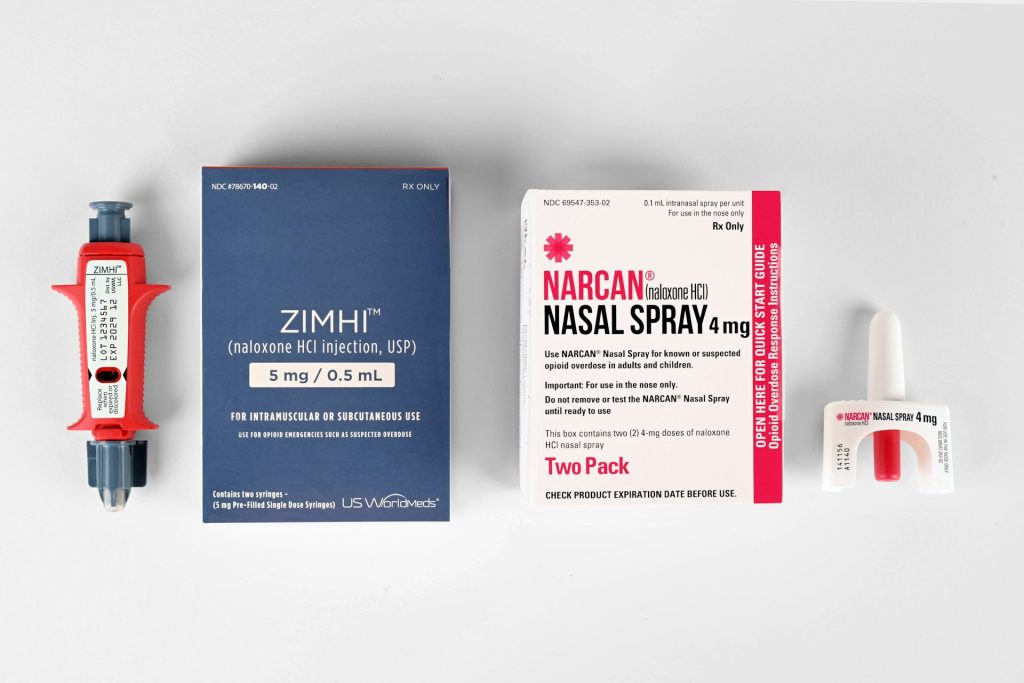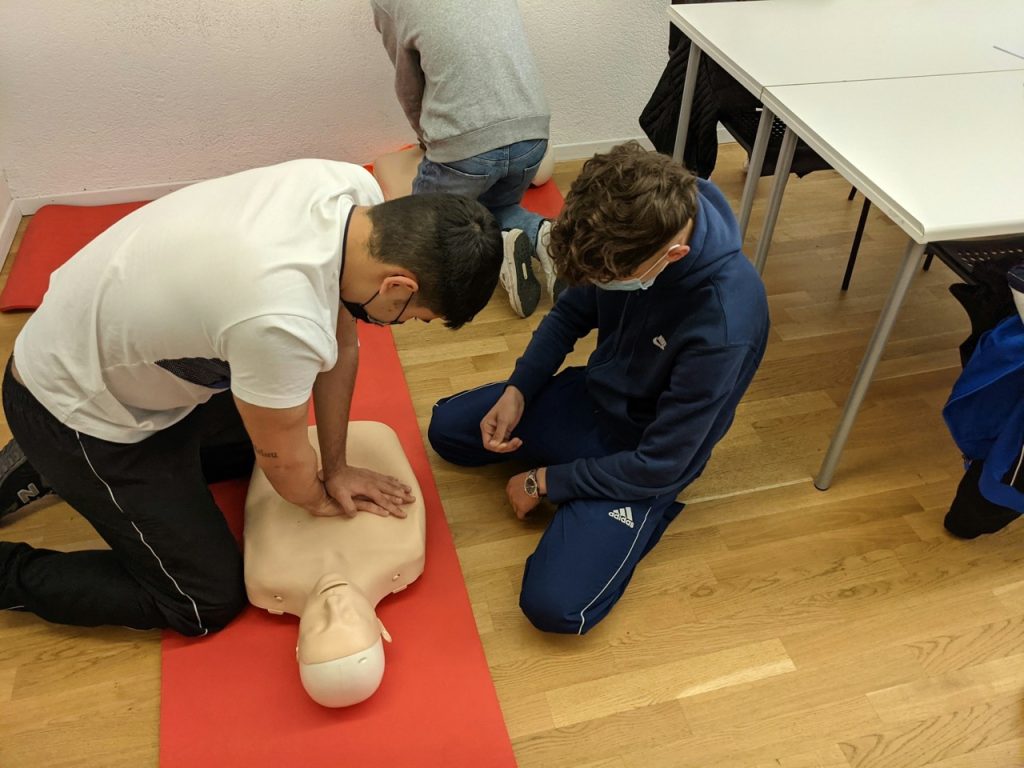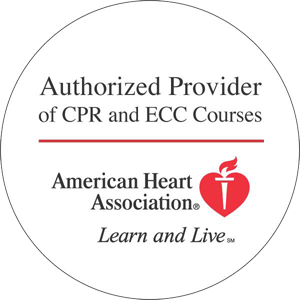Checking things off your to-do list can be a struggle in today’s fast-paced world, but there are some things you really shouldn’t put off. Obtaining or renewing your CPR certification is one of those things. You never know when you may find yourself in an emergency situation and need to administer the life-saving skills learned in CPR and first aid training. At HeartCert, we are on a mission to make CPR and other advanced training as accessible as possible, and virtual CPR is one way to do just that.

Why Virtual CPR Training is a Game-Changer
Virtual or online CPR training makes it faster and easier than ever for busy professionals or parents to find time in their busy schedules to learn the ever-important skill of CPR. With online CPR training, you can get your CPR certification anywhere and anytime, making it ideal for professionals with demanding schedules and a flexible option for parents balancing work and family.
What to Expect from Online CPR Training
How Online CPR Courses Work
Some individuals may be concerned that virtual CPR training is not as informative or effective as in-person training may be. However, research has shown that online CPR courses are just as effective as traditional classes. This study compared in-person instructor-led CPR courses with online computer-based courses. The results showed that both groups performed similarly in CPR skills assessments, demonstrating that online learning is just as effective as face-to-face instruction.
Not only did the study show comparable results among the two groups of participants, but online CPR training can be a solution for more individuals becoming CPR certified as it often eliminates roadblocks due to scheduling conflicts, time constraints, and hesitation of participation due to learner discomfort of performing procedures in groups settings.
Source: Performance outcomes of an online first aid and CPR course
Online CPR trainings can vary in how they are operate; some are self-paced modules whereas others are live instructor-led sessions. They often utilize interactive videos, quizzes, and even hands-on practice options using mannequins shipped directly to you.
Who Benefits Most from Virtual CPR Training?

Of course, anyone can benefit from the information and skills gained from virtual CPR training, but certain individuals will find the convenience especially helpful.
This includes:
- Parents and caregivers who want to be prepared for emergencies
- Workplace teams required to maintain CPR training
- Healthcare professionals needing certification or renewal
How to Choose the Right CPR Training Program
Not all online CPR trainings are created equal. When comparing your options and selecting the right CPR training program, we suggest reading testimonials and customer reviews to get an idea of previous student satisfaction with the online training. Check the training programs you are considering for American Heart Association (AHA) or Red Cross-approved certifications. Even though you are taking online training, having adequate customer service as needed and instructor support if questions arise is another important factor. Lastly, confirm that the online training is accessible on your device; for example, if you only have a tablet or mobile phone available, ensure the training will work on these devices.
CPR Training Your Way with HeartCert
At HeartCert, our lifesaving education trainings are designed to be accessible and flexible. No matter your schedule, preference and learning style, we have CPR training designed with you in mind. From in-person training at one of our physical locations to online certification for greater flexibility, you can choose which option is best for you. At HeartCert, we recognize the power of innovation and technology, which is why we also offer hybrid training that blends the best components of online and in-person training. With our innovative Kiosk technology, you get to enjoy the convenience of a program that accommodates any schedule with the hands-on experience of an in-person class.
When it comes to busy parents and professionals, online CPR training can be an ideal option as it offers the flexibility they need to learn lifesaving skills at their own pace without disrupting their busy schedules. Explore our American Red Cross CPR training options today and choose the option that is best for you.
HeartCert has options for everyone: blended online/in-person courses, fully online and private Kiosk sessions at several HeartCert locations.
HeartCert is your trusted training partner for CPR, ACLS, PALS, EMR, First Aid, CNA, IV, EKG and more, throughout the United States.
Courses include CPR/AED/First Aid, Basic Life Support (BLS), Advanced Cardiac Life Support (ACLS), Pediatric Advanced Life Support (PALS), Certified Nursing Assistant training, IV training, EKG training, babysitter basics and more. Courses and certifications from both the American Heart Association and American Red Cross are available. We offer virtual courses and certifications, in all 50 states as well as in-person classes at our headquarters, HeartCert CPR Eagan and major cities in Iowa, Illinois, Georgia, Michigan, Minnesota, Mississippi, Nebraska, Pennsylvania, Texas and Wisconsin.







